Graphics are one of the best ways to grab your audience’s attention. Used in essentially all forms of marketing, it has been proven time and again to be a surefire way to boost your business.
Perhaps you clicked on this article curious about improving your graphic design skills. Well, we completely understand. To help you, we’ve compiled some steps you could take on your journey to become a better graphic designer.
1. JOIN A DESIGN COURSE
Plenty of schools in Singapore offer design courses that you could take to help you hone your design skills. There are various courses that focus on different areas of design, depending on what you’re looking for. Here are some of the best design courses in Singapore we recommend:
With plenty of design-related courses at their arsenal, including branding and animation, First Media Design School might be the institution you want to look at if you’re considering getting a diploma in media and graphic design. This course lasts a duration of 18 months (1½ years), so it may be more suited for students pursuing design as a serious career.
Maybe a full-time course might not be what you’re searching for. Or you might already have a diploma and am still looking for minor ways to refine your designing skills. At $540 a unit, Laselle offers more than 30 different design courses across a range of design disciplines. If you have a strong interest in graphic design, you may want to consider Laselle.
Feeling the hefty price tag on the previous two courses? There’s another alternative. Nanyang Polytechnic is providing a simple yet all-rounded design course under SkillsFuture. If you have some leftover SkillsFuture credits, now is the time to use it! At only $300, this is the perfect course for casual students dipping their toes into the world of design.
2. STUDY THE WORK OF GRAPHIC DESIGN COMPANIES
In order to apply the skills you’ve picked up, it’s important to be able to look at the works of others and distinguish the good and the bad. With a vast amount of design companies in Singapore, there are definitely plenty of examples for one to study.
From web design to desktop computing and, of course, graphics design and branding, Hipster offers cost-effective digital solutions for your marketing needs. Their speciality lies in their augmented and virtual reality services. Just by entering their website do you see their portfolio of clean and aesthetic designs on display. Look through their case studies and you can see why Hipster is such a successful graphic design company.
Positioning themselves as a one-stop solution for creative advertising, branding and packaging label designs, Artnexus certainly strives to cover all aspects of graphic design — and come out on top as well. Under the creative umbrella, the company covers publication design, digital display advertisement, not to mention graphic designing. Take a look at their website to understand why their designs are so popular amongst marketers.
Having established themselves in the industry, Graphic Masters’s clientele consists of government agencies, public organisations and private corporations around the globe. These include the Civil Aviation Authority of Singapore, SAF Yacht Club, and many others. Their services range from publications, advertising and promotions, corporate branding, infographics, and even corporate gifts — to list a few! With a strong understanding of the current graphic design trends, Graphic Masters’s professionalism shines through.
3. UNDERSTAND THE LATEST GRAPHIC DESIGN TRENDS
Besides upgrading your design skills and studying the portfolio of other designers, it is also important to be aware of the latest design trends. Some of the design trends that surfaced in 2020 and are likely to continue in 2021 include but are not limited to the following:
-
Muted Colour Palettes
Perhaps one reason why muted colours have been so in trend lately is because of their ability to evoke comfort and warm feelings. They also often feel natural and organic, which may why plenty of health and wellness companies are implementing the use of muted colour palettes in their design and marketing efforts.
-
Flat Icons and Illustrations
Flat icons have become somewhat of a popular trend, particularly when used as a social media graphic. With a simple icon, brands can communicate more by using less. Indeed, they are a powerful tool for communication. This trend is taking over companies by storm, including BMW, Volkswagen, and even Google, all of whom have adopted a flatter, more minimalistic logo for their brand.
-
Social Media Slide Decks
Slide decks are a great way to break up chunks of information. If you want to convey a lengthy message to your audience but are unsure how to keep their attention focused on you, try having various image slides rather than one single image. This habit has been employed by many brands on virtually almost all social media platforms, including Instagram, Facebook and Linkedin. Furthermore, the algorithm actually seems to favour posts with multiple slides rather than those with a single image!

If you find these tips helpful, or have a friend in mind who is looking to hone their design skills, why not share this article with them?
As a creative agency, MIU strives to constantly improve itself. Providing digital solutions such as package design, logo identity and brand styling, the list of design services MIU offers runs on. Interested to find out more? Book a free consultation with us today!

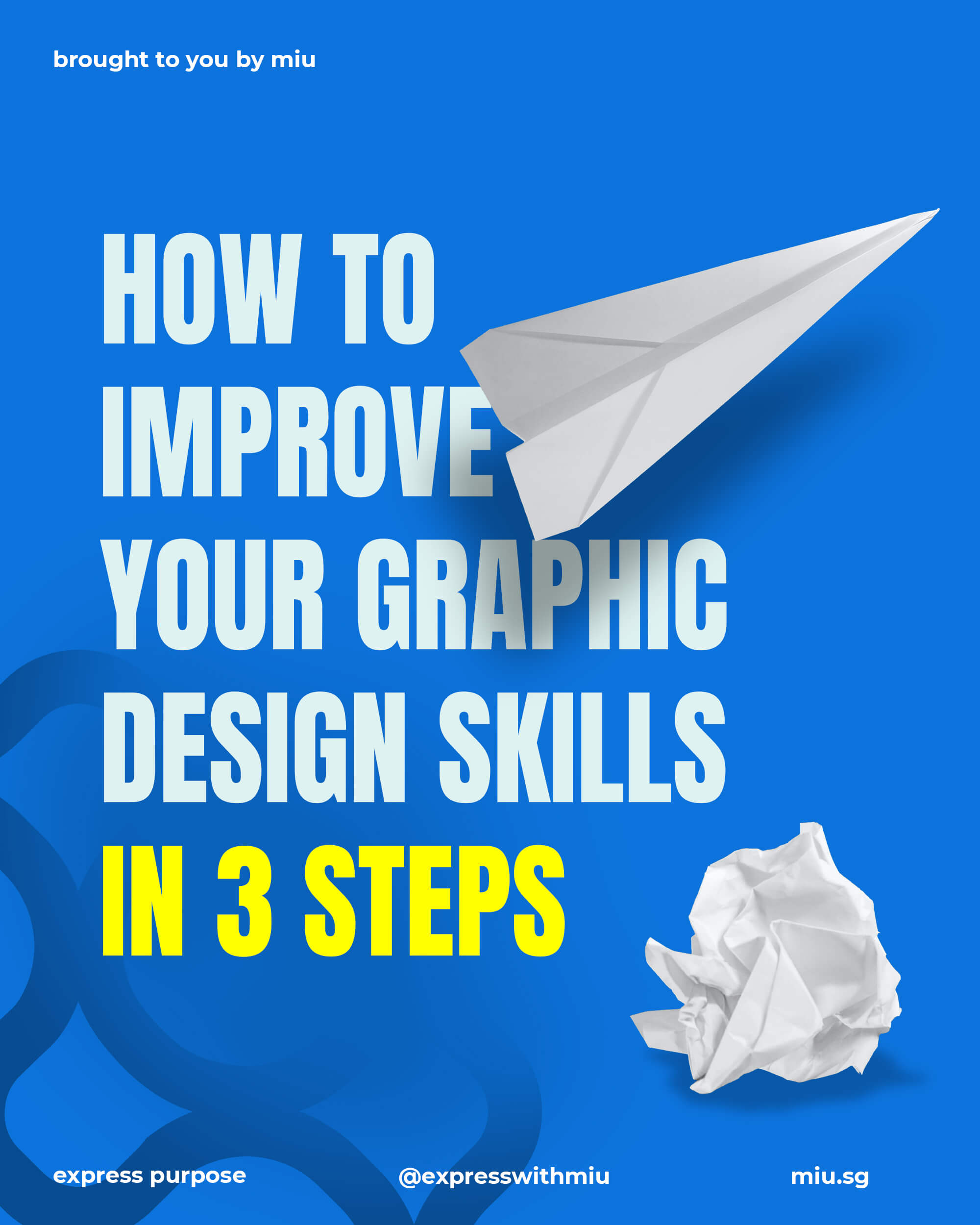
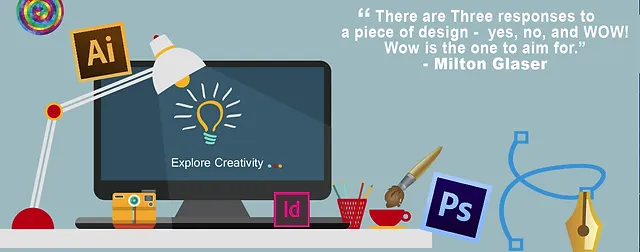
![The 21 Best Graphic Design Companies in Singapore [2020]](https://www.bestinsingapore.co/wp-content/uploads/2020/04/Best-Graphic-Design-Companies-in-Singapore-min-1024x576.png)

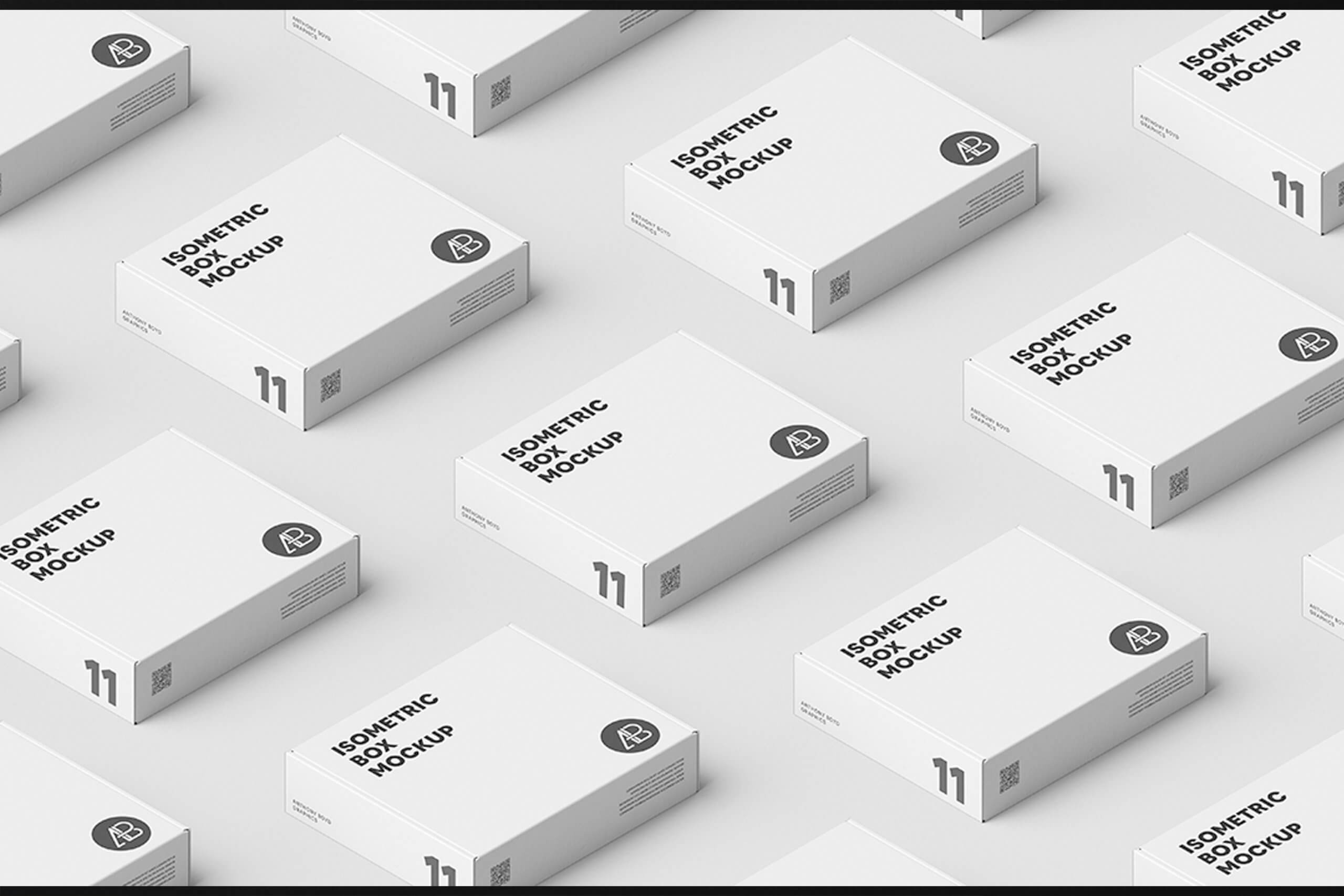








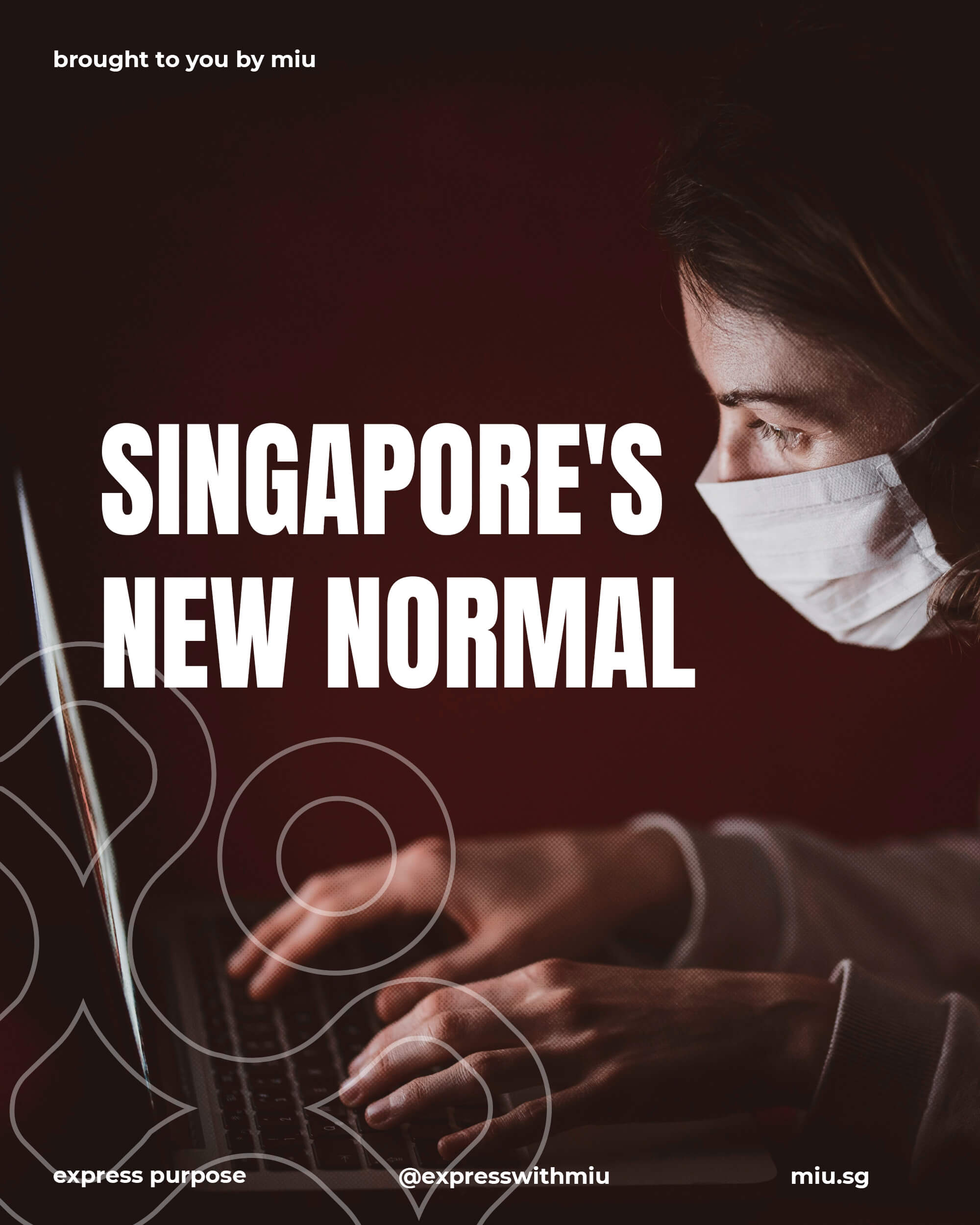

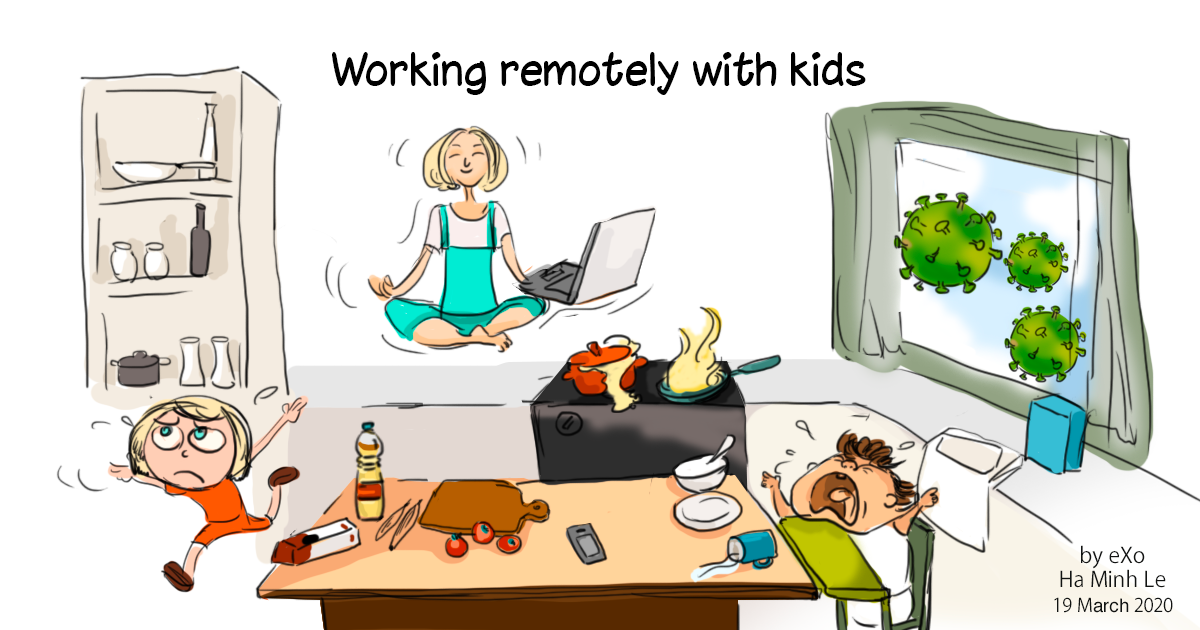






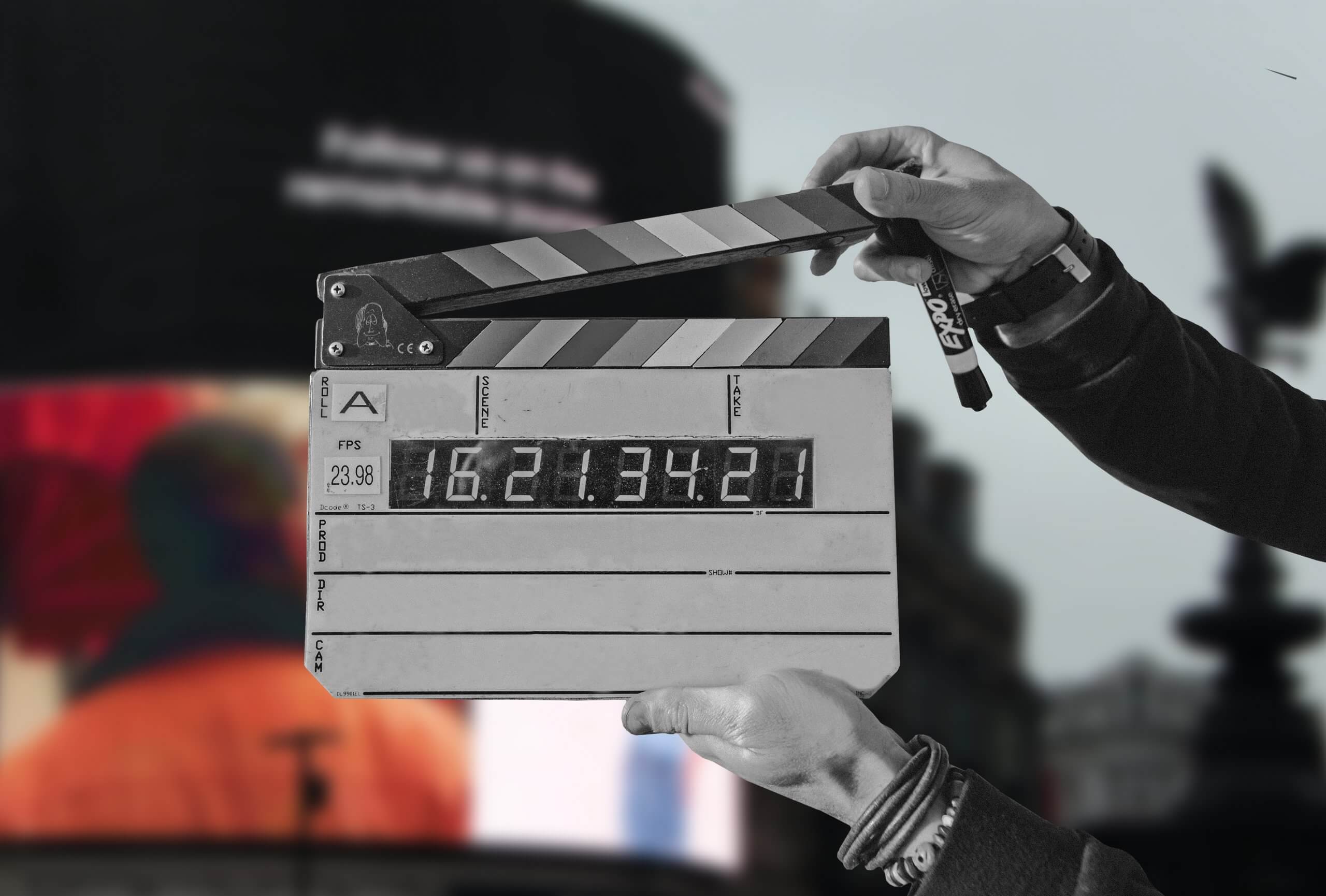

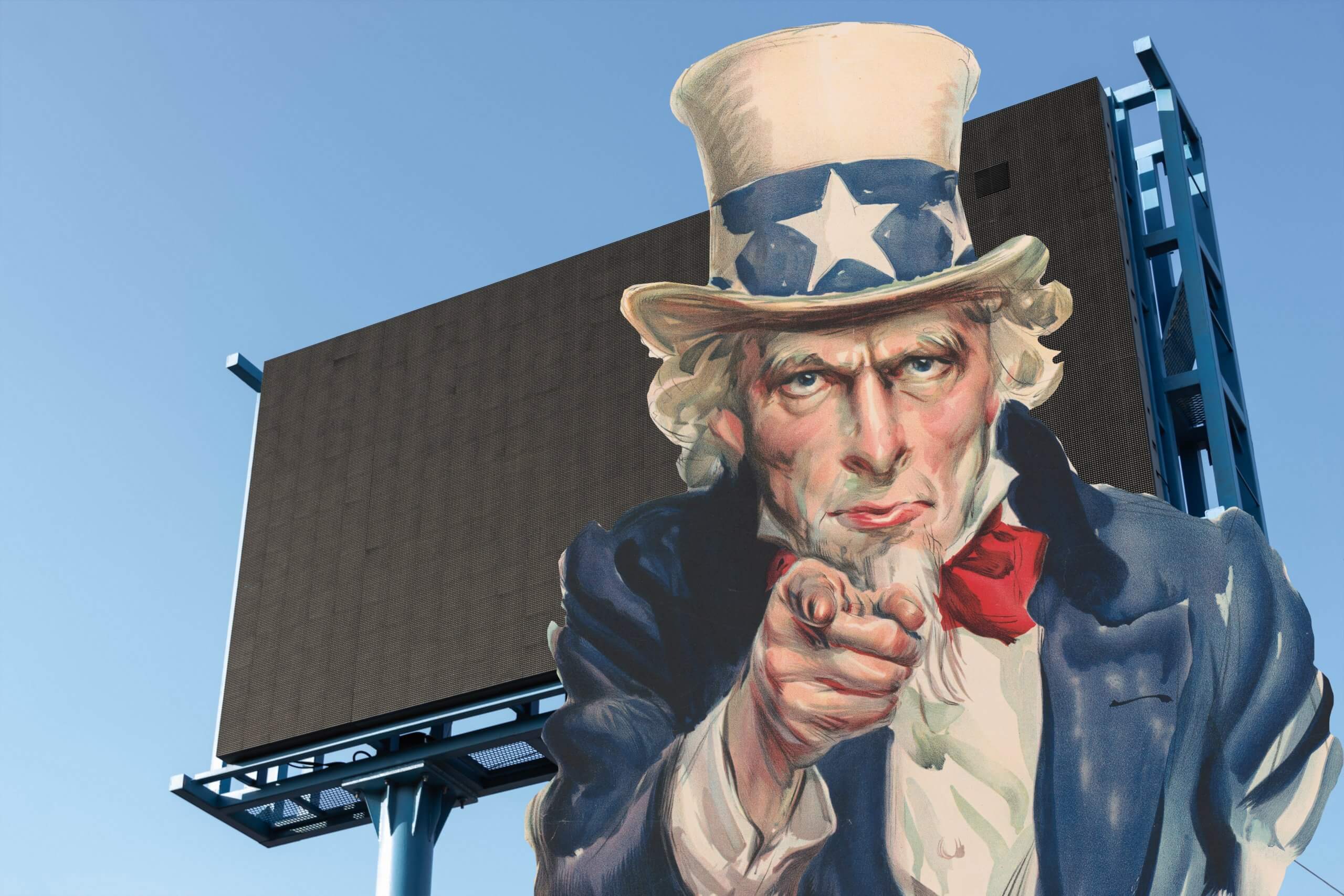


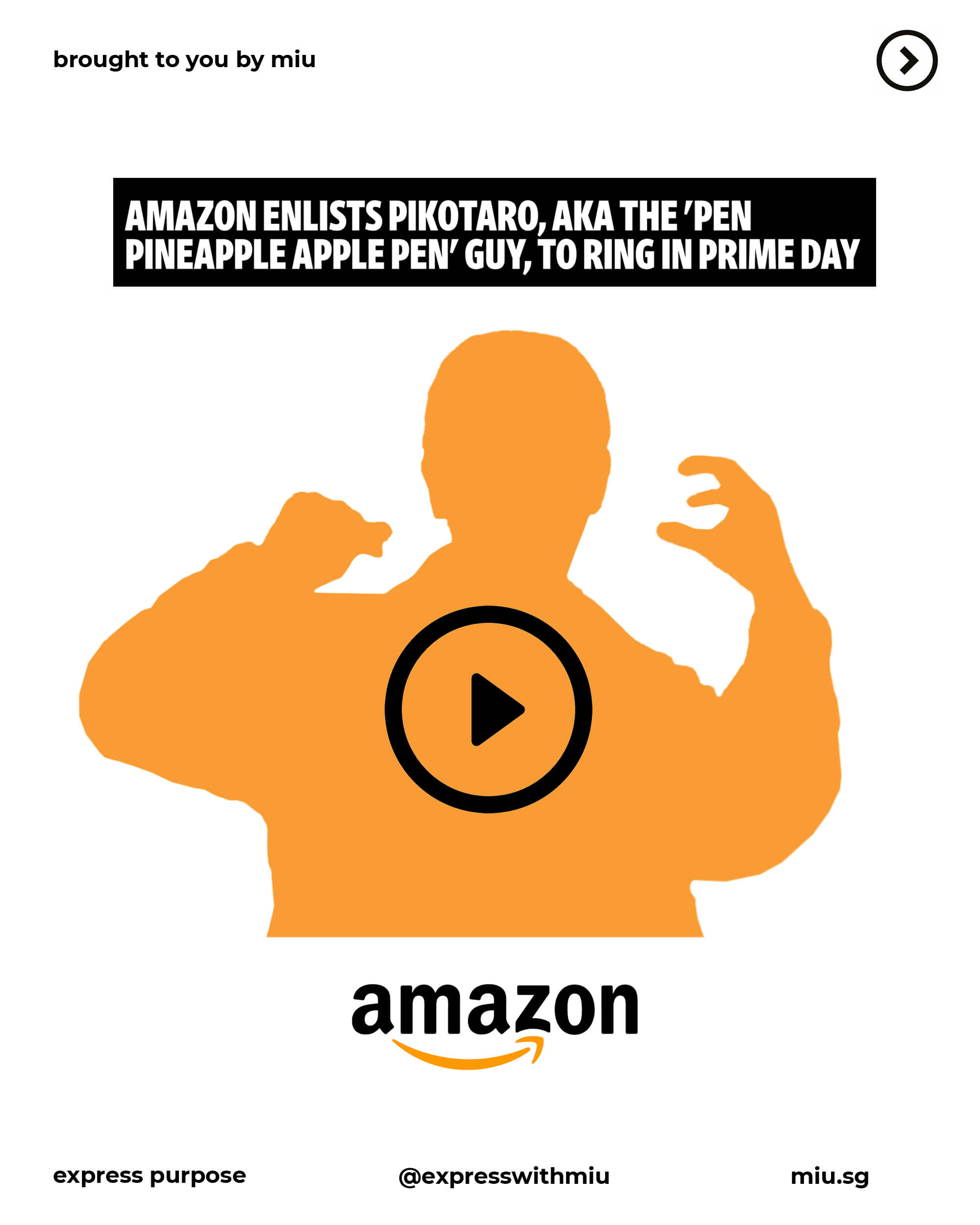






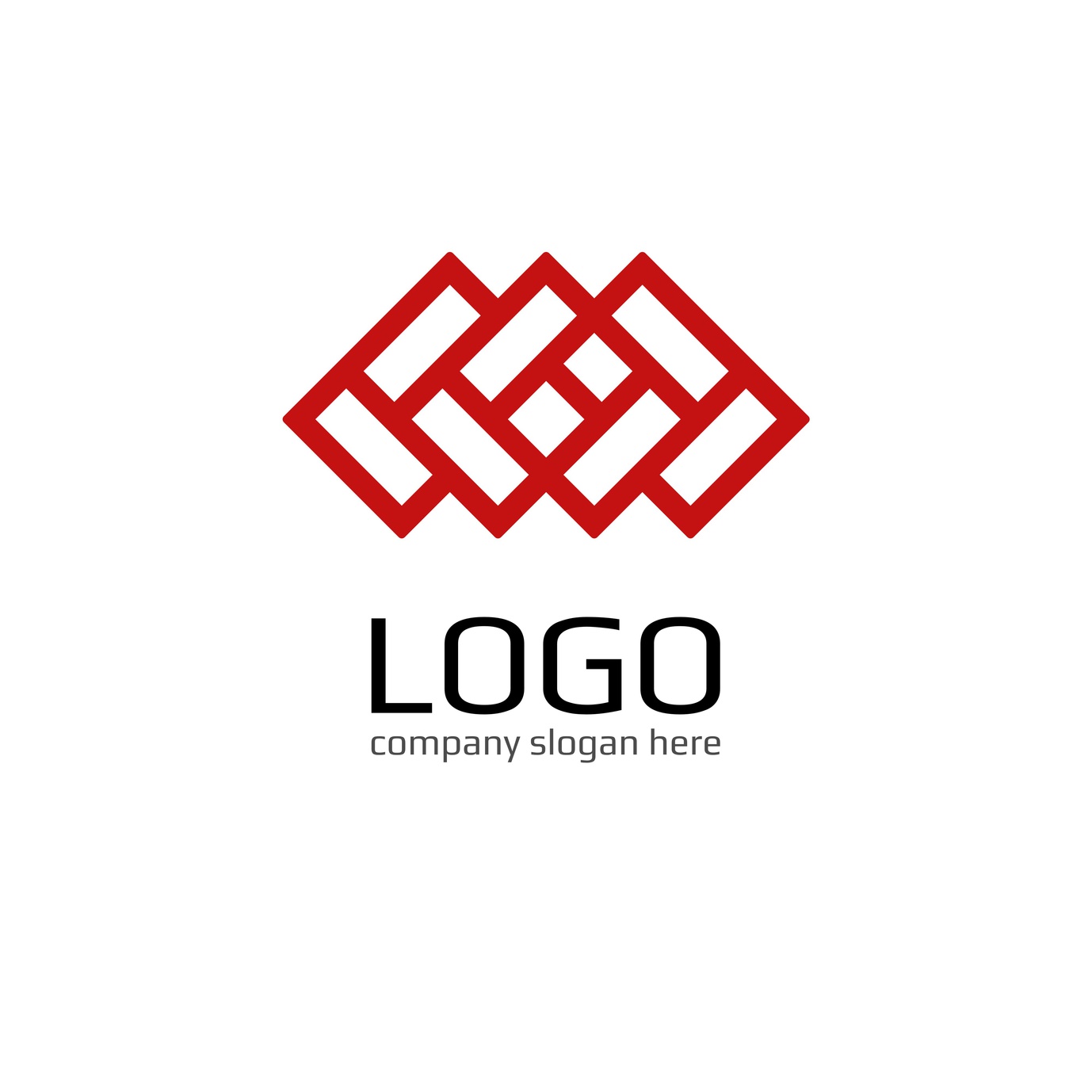


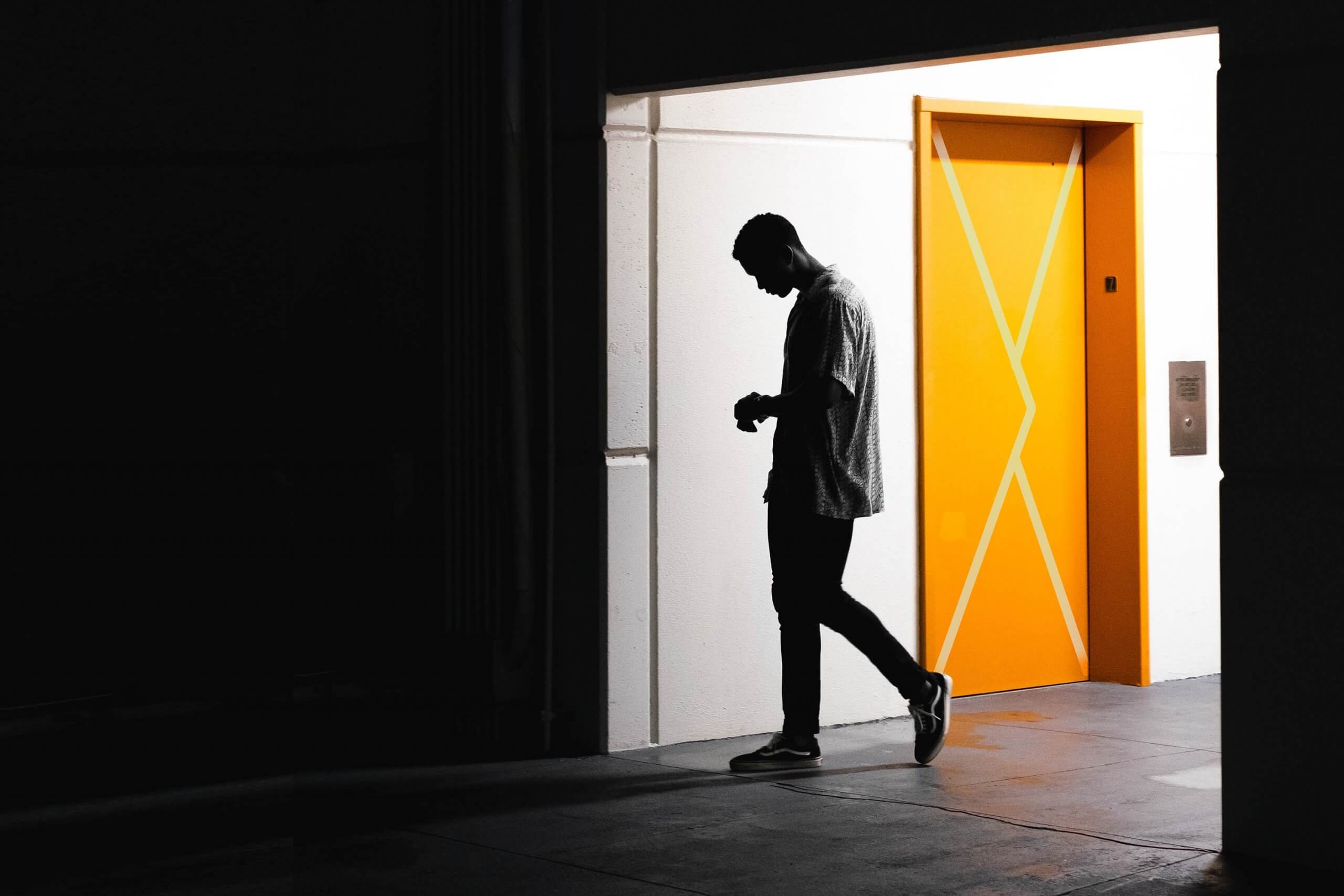









 Branding
Branding Digital Strategy
Digital Strategy PR & Communications
PR & Communications